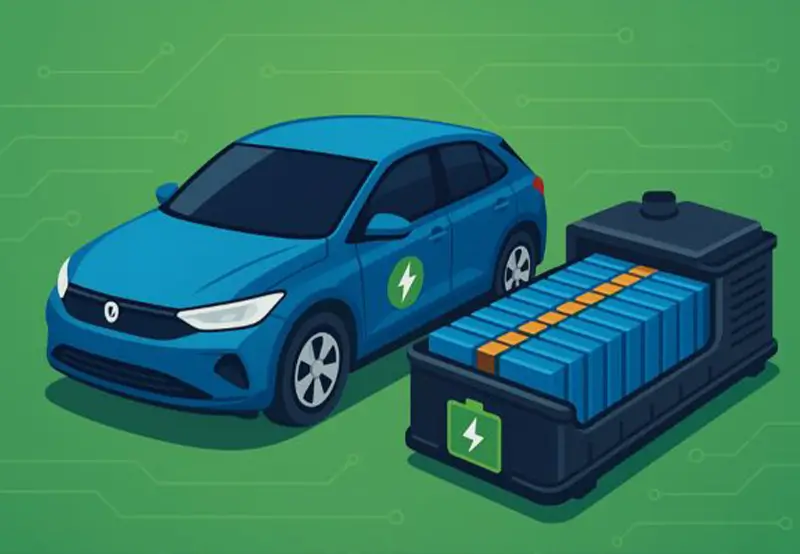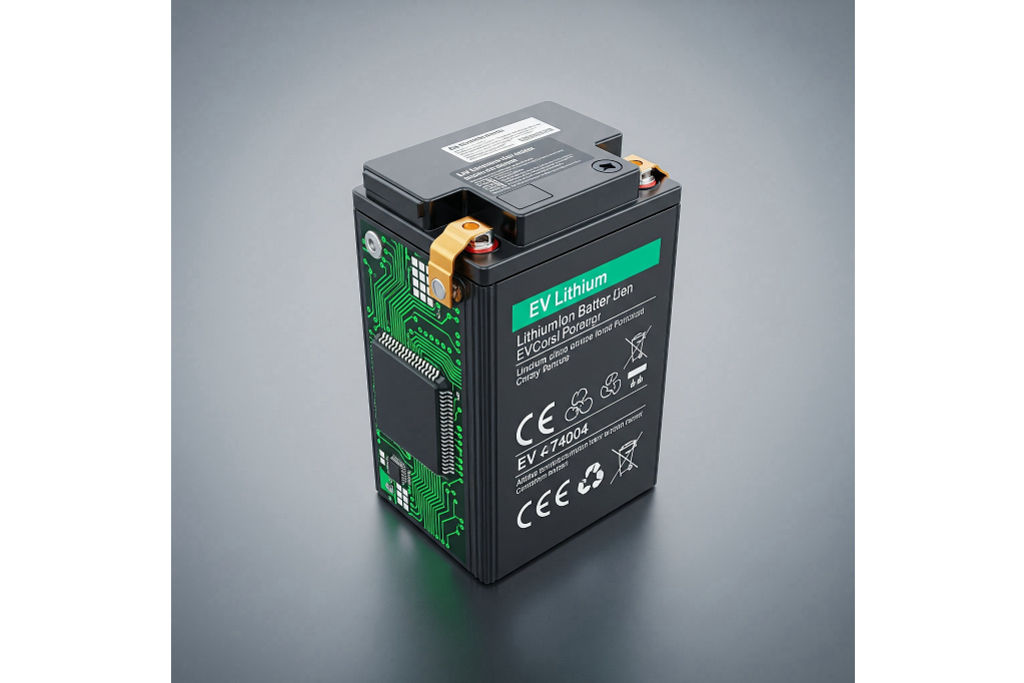Global EV Battery Standards Tighten: What It Means for Electric Mobility
As the world races towards a cleaner and more sustainable future, the electric vehicle (EV) industry finds itself at the forefront of innovation and regulation. Among the most pressing developments shaping the sector today are tightening global EV battery standards. These standards are more than just technical benchmarks—they are key drivers of EV compliance, innovation, and safety in the fast-evolving landscape of electric mobility. Let’s explore how these changes are reshaping the industry and accelerating the global EV transition.

Why EV Battery Standards Matter
At the heart of every electric vehicle lies its battery. The performance, safety, and lifespan of an EV depend heavily on the battery’s design and quality. With the rapid growth in EV adoption, governments and international bodies have moved swiftly to introduce stricter EV battery standards that govern everything from chemical composition and safety mechanisms to recyclability and lifecycle emissions.
The need for rigorous EV battery certification has never been greater. Certification ensures that batteries meet critical thresholds for safety, energy density, durability, and environmental impact. Without uniform standards, global manufacturers face logistical and legal challenges, while consumers risk buying vehicles with unsafe or inefficient batteries.
The Push for EV Compliance
Regulators across regions—from the EU to North America and Asia—are introducing new measures to improve EV compliance. These compliance frameworks are aimed at ensuring all battery systems meet minimum technical and safety requirements before they can be used in public vehicles or sold in the market.
For manufacturers, this means tighter scrutiny and the need for comprehensive EV battery certification processes. From thermal management systems to fire resistance, every component must meet these enhanced EV battery standards to be deemed roadworthy. While these measures can initially pose hurdles for small-scale manufacturers, they ultimately serve to increase consumer trust and reduce long-term risks associated with battery failures or recalls.
Key Global Regulations and Trends
Several global regulatory bodies are shaping the EV landscape with updated EV battery standards. Notable among these are:
- United Nations ECE Regulation 100 (R100): A key international standard for the safety of rechargeable energy storage systems in EVs.
- EU Battery Regulation (2023 update): A sweeping policy that includes carbon footprint declaration, minimum recycled content, and stringent performance and durability criteria.
- China’s GB/T Standards: China’s national standards require batteries to undergo rigorous testing for vibration, thermal performance, and overcharging protection.
- UL 2580 (USA): Safety standard for battery packs used in EVs, covering electrical, mechanical, and environmental safety.
As these standards grow increasingly synchronized, the focus on EV compliance is becoming universal. Manufacturers looking to export globally must invest in ensuring that their battery systems meet multi-regional requirements.
The Role of EV Policy
Tightening EV policy frameworks worldwide are reinforcing these standards. Governments are not just promoting the use of EVs through subsidies and tax breaks; they are also demanding higher accountability for environmental and safety performance.
For instance, the European Union’s Green Deal ties emissions targets with battery traceability and recycling obligations. In the U.S., the Inflation Reduction Act links federal incentives to domestic battery production and strict EV battery certification rules. India’s Faster Adoption and Manufacturing of Hybrid and Electric Vehicles (FAME) scheme also prioritizes quality control, enforcing strong EV policy alignment with global norms.
National EV policy now goes hand-in-hand with technical standards, forming a comprehensive ecosystem that encourages responsible innovation while protecting consumers and the environment.
Implications for Manufacturers
For EV manufacturers, these evolving EV battery standards are a double-edged sword. On one hand, they increase compliance costs and necessitate new investments in R&D, quality testing, and third-party EV battery certification. On the other hand, they create a level playing field and push innovation toward more durable, sustainable, and efficient battery solutions.
Companies that can proactively meet EV compliance requirements will enjoy better market access, fewer regulatory roadblocks, and enhanced brand reputation. Battery manufacturers that embed circular economy principles—such as second-life applications and easy recyclability—into their product designs will be better positioned to thrive under the new global EV policy frameworks.
Impact on the EV Transition
Stricter EV battery standards and better EV compliance mechanisms are major catalysts in the global EV transition. With clearer regulations, consumers can feel more confident about the performance and longevity of their vehicles. This builds trust and speeds up EV adoption in both urban and rural markets.
Moreover, harmonized global EV battery certification practices reduce market fragmentation and help smaller EV startups scale faster. It also boosts investor confidence, as companies operating in a standardized and regulated environment are viewed as lower-risk and future-ready.
Governments also benefit from smoother policy enforcement, reduced import quality issues, and increased alignment with sustainability goals when EV policy frameworks are supported by technical standards and compliance protocols.
Toward a Greener Future
As the EV ecosystem matures, battery technology continues to evolve—from lithium-ion to solid-state and beyond. Each new technology brings with it the need for updated EV battery standards and corresponding EV battery certification benchmarks.
But it’s not just about safety or performance. The next wave of standards will increasingly focus on environmental and ethical considerations—such as sourcing materials responsibly, reducing the carbon footprint of battery manufacturing, and ensuring battery reuse and recycling.
With more robust EV policy driving the charge, the future of the EV industry looks promising. Governments, consumers, and manufacturers are working in tandem to achieve a seamless EV transition, powered by smart regulation and technological excellence.
Conclusion
The tightening of global EV battery standards marks a turning point in the EV revolution. By mandating rigorous EV battery certification, enforcing strict EV compliance, and aligning with proactive EV policy, the world is laying the foundation for a safer, cleaner, and more reliable EV future.
For manufacturers, the message is clear: adapt now or be left behind. For consumers, it’s a reassurance that the vehicles of tomorrow will be built on the principles of safety, efficiency, and sustainability. For policymakers, it’s an opportunity to lead the EV transition with clarity and vision.
Stronger standards today mean a stronger EV ecosystem tomorrow—where electric mobility is not just an alternative but the norm.
Frequently Asked Questions (FAQs)
EV battery certification is the official approval process that verifies an electric vehicle battery meets global safety, performance, and environmental standards. It ensures batteries are reliable, safe for public use, and compliant with relevant regulatory bodies.
EV battery standards define the minimum safety, quality, and environmental benchmarks that battery systems must meet. They help reduce accidents, ensure consistent performance, and promote sustainability across the EV industry.
EV compliance refers to adhering to government-mandated standards and regulations for EVs, especially those related to battery safety, emissions, and energy performance. It is crucial for market approval, international exports, and customer trust.
Stricter regulations speed up the transformation toward the EV by making EVs safer, efficient, and environmentally friendly. The industry is now speeding up the global adoption with tougher regulations in place, consumers are also more confident and businesses are forced to innovate in a sustainable way.
EV battery certification protects consumers by ensuring the batteries in their vehicles have passed rigorous safety and performance tests. It reduces the risk of malfunction, extends battery life, and supports ethical sourcing and recycling efforts.












